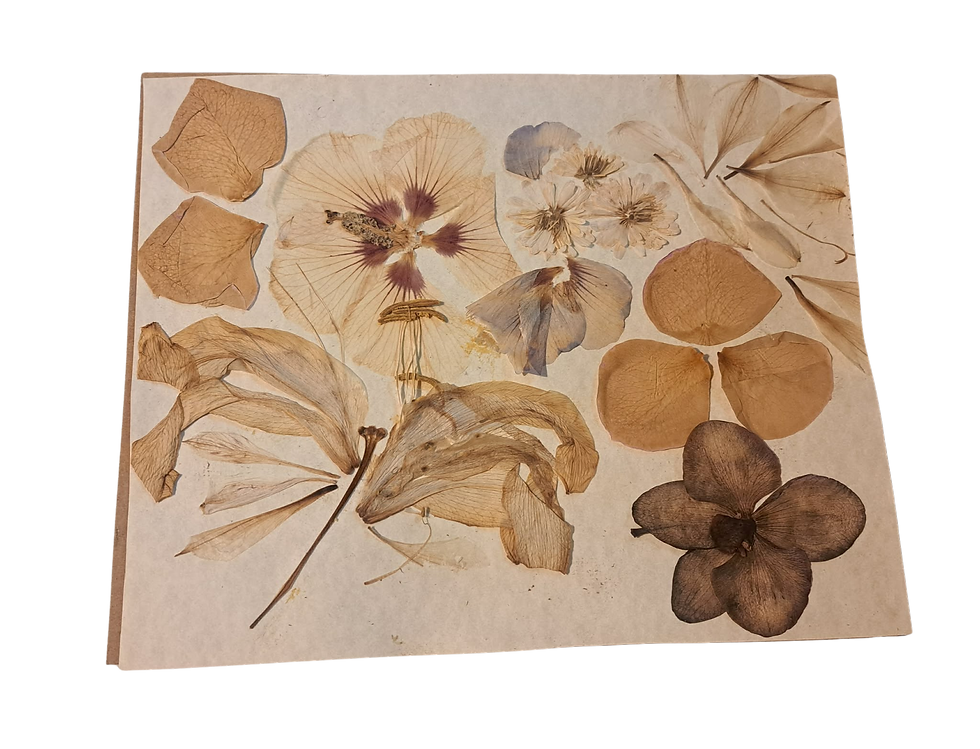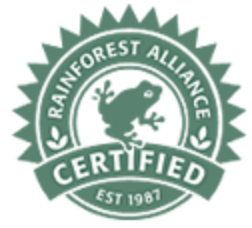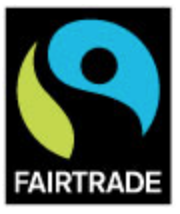What is sustainable?
- Nov 15, 2018
- 3 min read
Updated: Jan 13

What will save the most resources?
How can we make a difference?
It's more than just eating vegan foods!
We believe balance is key, and moderation is important! Reducing overall consumption, reduce, reuse and recycle- the classics!
In our household, the primary objective is to minimize overall consumption. When I followed a vegan diet, I needed to buy powders, supplements, superfoods, and plant-based foods imported from around the globe to ensure sufficient nutrients and protein intake. Unfortunately, monocropping plant food crops, grown for both human and animal consumption has harmful effects to the land.
Faux leather is trendy for saving animals, but it's made with petrochemicals and doesn't last as long as genuine leather before ending up in a landfill. However, some hide and industrialized meat industries are notorious for neglecting animal welfare, all in the name of profit.
To be sustainable, is to be aware and really understand what your dollar pays for
Have you seen the Netflix series "Rotten"?
The documentary dives into the politics involved in some of the key crops (avocado, chocolate/cacao, milk, chickens, peanuts, etc.) running our food industry. Some of our most prized foods are grown in countries that are running out of water, tearing down rainforests, using slavery to tend to the land, and employing violence and gangs to monitor money flow. How much do we really think about these issues when we shop for the cheapest price in the store?
Sustainability Awareness:
READ THE LABEL. SUPPORT LOCAL PRODUCERS AND BE ONE YOURSELF - Buy products made in-country and within the neighborhood. These will naturally support your community's ecosystem and will keep travel costs low and labor costs direct. Self-reliance is at the root of sustainability.
LOOK FOR GMO FREE. To protect our health and ecosystem, eat GMO-free, thereby reducing chemicals used during agriculture and preserving.
LOOK FOR ORGANIC. This means that only the allowed substances have been used during agriculture and preserving. Also, ask around because organic certifications are expensive; therefore, some farmers at your market might be using natural methods without the stamp.
CHECK FOR LABOUR LAWS. Look for the fair-trade and direct-trade markers on products to ensure that workers were paid according to their efforts. When companies signify this, usually they are conscious of their global impact as well as profit.
LOOK FOR ENVIRONMENTAL IMPACTS. Logos like the Rainforest Alliance and bird-friendly signify the company complied with regulations that forbid deforestation and promote diversity. They monitor where waste is dumped and the impacts on the surrounding ecosystem.
EAT A WHOLESOME REAL FOOD DIET - ultra-processed foods have the largest ecological footprint, right from the ingredients, the warehouses they get shipped around and stored in, the packaging, and the life in a grocery store. Shop the perimeter of the grocery store, or better yet, shop at local specialty shops that support local producers. Eating with the season will naturally bring your diet closer to home.
SHOP PASTURE-RAISED ANIMAL PRODUCTS - when animals eat grass, that means they have most likely been outside tending to the land and nourishing their bodies better. High-quality protein sources in the diet prevent overconsumption.
RECYCLE - actually separate the contents in your bins, since we know the recycling program isn't perfect and much ends up in the landfill anyway. Clean bottles before recyling! Ultimately reuse items in the home as many times as you can.
THRIFT BEFORE NEW - check out Facebook marketplace for recycled items before automatically buying something new. We have found fantastic furniture at wicked discounted price, especially if you like vintage style. Local thrift shops have alternative clothing style and a great place to donate your tired stuff.
-Samantha

.png)









Comments